A British woman with motor neurone disease (MND), which left her unable to speak, has been able to communicate again using her own voice thanks to artificial intelligence (AI) technology and an eight-second recording taken from an old family video .
Sarah Ezekiel, an artist living in north London, lost her ability to speak after being diagnosed with MND at the age of 34 while pregnant with her second child 25 years ago.
The disease damages the nervous system, weakening the muscles in the tongue, mouth and throat, causing some patients to completely lose the ability to speak.
For years, Ezekiel used a computer and voice-generating technology to communicate, but the voice did not sound like hers. Her two children, Aviva and Eric, grew up without ever knowing their mother's real voice.
In recent years, experts have been able to use technology to recreate a person's original voice. However, this technique requires long, high-quality recordings, and the resulting voice is often considered to sound "monotone."
Simon Poole, a representative of British medical communications company Smartbox, said the company initially asked Ms Ezekiel to provide a 60-minute recording.
However, Ms. Ezekiel could only find a very short and poor quality clip, taken from a home video from the 1990s. The clip was only 8 seconds long, had distorted sound and noise from the television.
Mr. Poole turned to technology developed by ElevenLabs, a New York-based AI voice-generation company that can recreate realistic voices with very little data.
Mr Poole used an AI tool to extract the voice from the old recording, then used another tool – trained on real voice data – to create the final product.
The results left Ezekiel deeply moved. The reconstructed voice was very similar to her real voice, with its distinctive London accent and slight lisp that she had previously disliked.
According to the MND Association UK, up to eight in 10 people with the condition experience speech difficulties after diagnosis. However, current computer-generated voices are often criticised for lacking rhythm and emotion.
Mr Poole said the advancement of AI technology today is the ability to create human-like and emotional voices, thereby "breathing life" into previously dry computer voices. He emphasized that personalizing the voice is also a way to preserve personal identity.
People at risk of losing their ability to speak due to conditions such as MND are now often encouraged to record their voices as soon as possible to preserve their identity and facilitate future communication.
However, before smartphones became popular, getting proper recordings was not easy./.
Source: https://www.vietnamplus.vn/ai-tai-tao-giong-noi-cho-mot-phu-nu-anh-mat-kha-nang-noi-25-nam-post1057350.vnp




![[Photo] General Secretary To Lam attends the 80th anniversary of Vietnam's diplomacy](https://vphoto.vietnam.vn/thumb/1200x675/vietnam/resource/IMAGE/2025/8/25/3dc715efdbf74937b6fe8072bac5cb30)










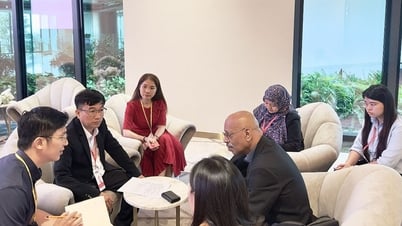


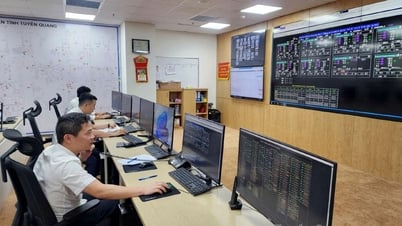

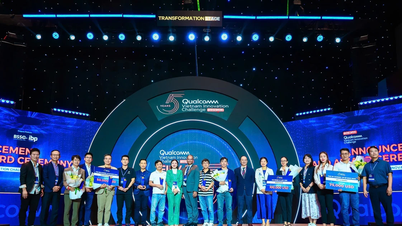




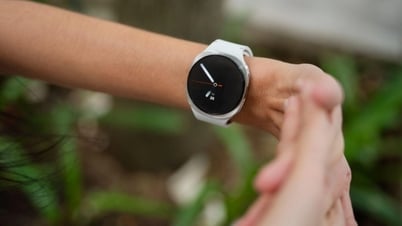
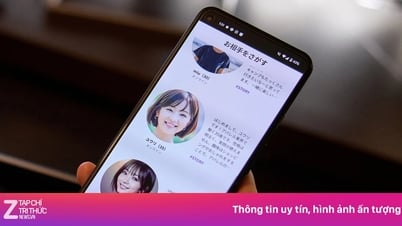






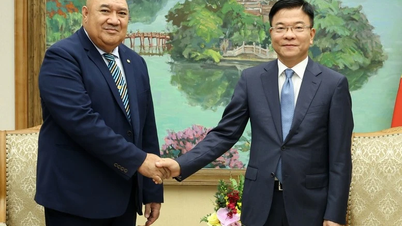
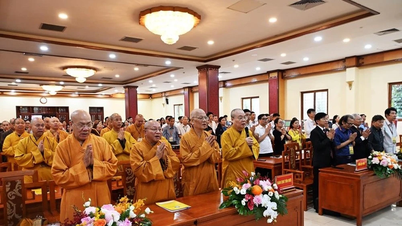
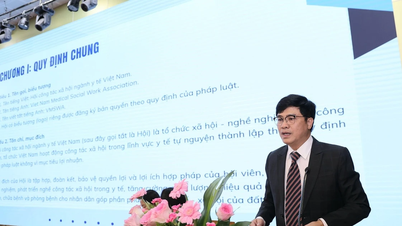
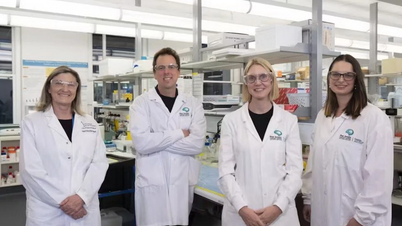










































































Comment (0)